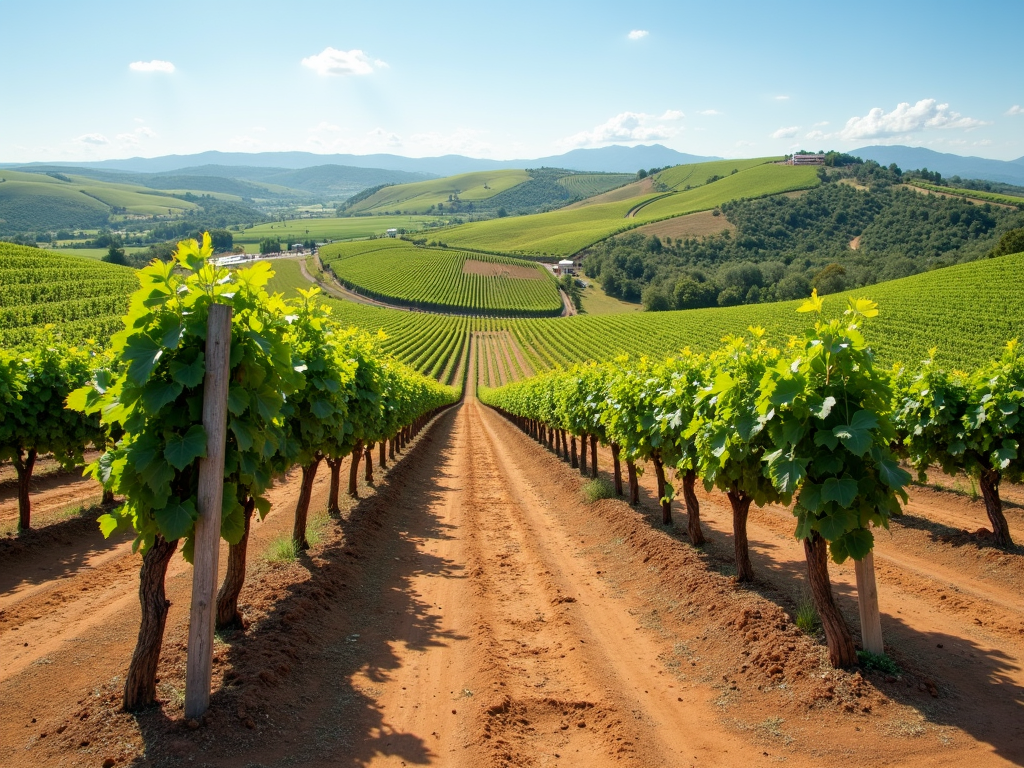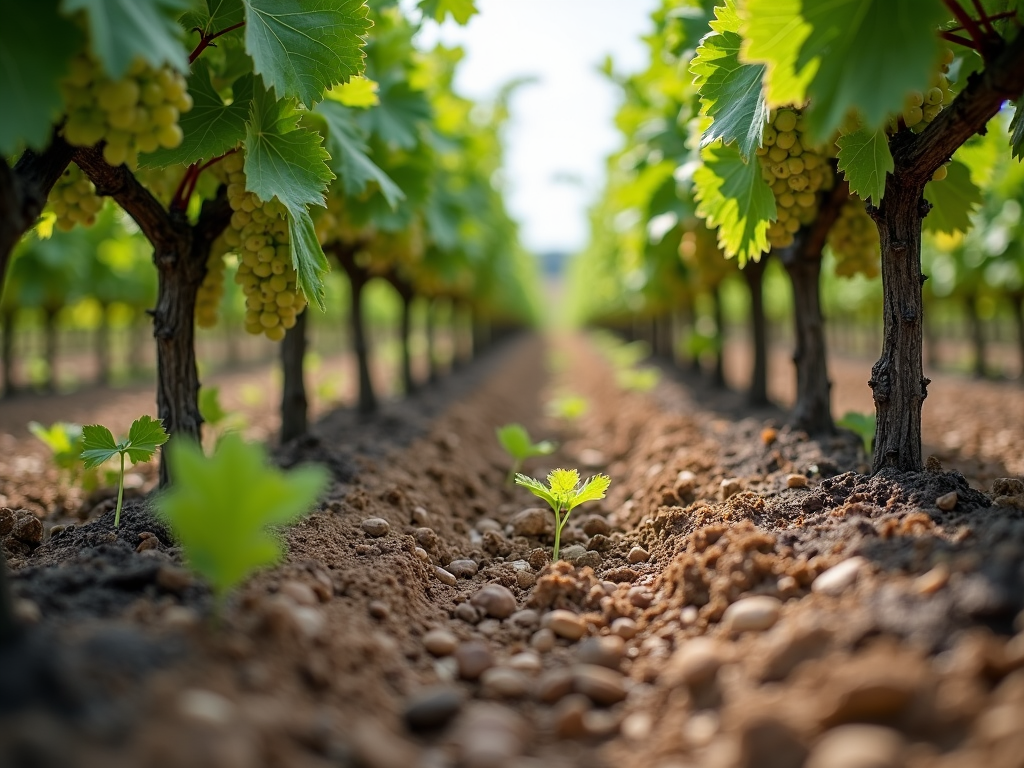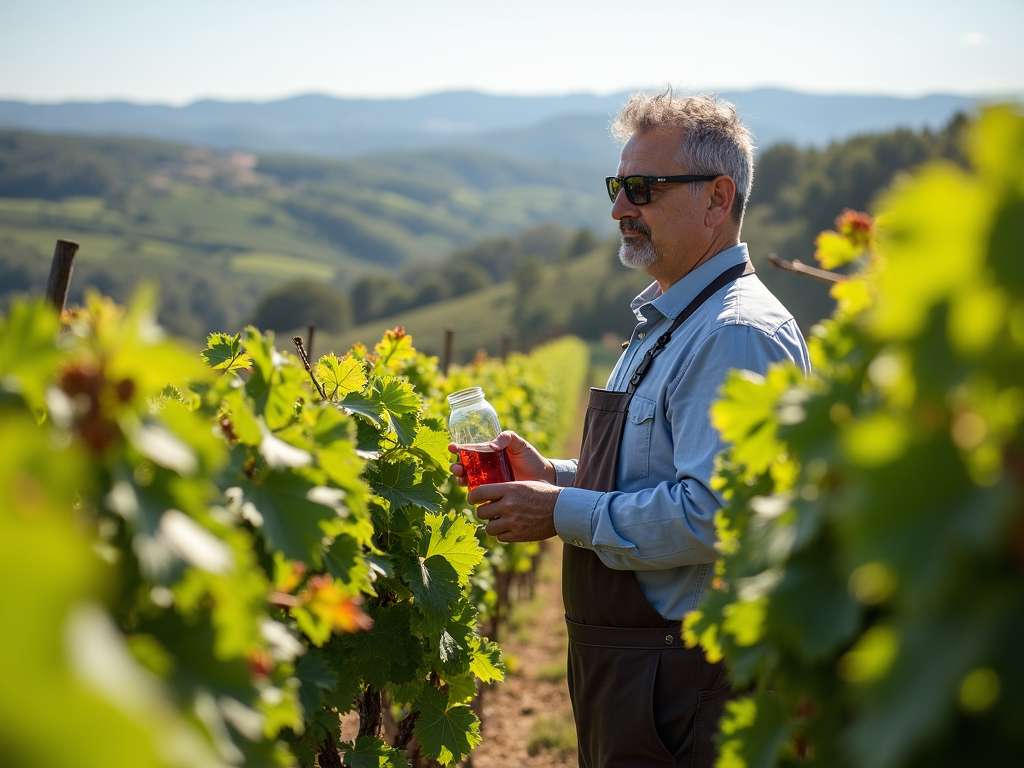The Impact of Terroir on Wine Quality: A Deep Dive
Overview
Terroir, the unique combination of soil, climate, and topography, plays a crucial role in shaping the quality and character of wine. This article delves into the impact of terroir on wine quality, with a focus on Jackson Family Wines, renowned for their exceptional wines. We'll explore the components of terroir, how they influence wine, and why understanding terroir is essential for appreciating fine wines.

Introduction to Terroir
Terroir is a French term that encompasses the environmental factors affecting a vineyard's ecosystem. It includes soil composition, climate conditions, and topographical features, all of which contribute to the unique flavor profile of wines. For wine enthusiasts and connoisseurs, understanding terroir is key to appreciating the nuances of different wines.
At Jackson Family Wines, terroir is at the heart of their winemaking philosophy. With vineyards across California, Oregon, and beyond, they leverage the diverse terroirs to produce wines that reflect the distinct characteristics of each region.

Components of Terroir
Terroir is composed of several key elements:
- Soil: The type of soil in which vines are planted affects the minerals and nutrients available to the grapes. For example, clay soils retain water, while sandy soils drain quickly, influencing grape development.
- Climate: Temperature, rainfall, and sunlight exposure impact grape ripening and flavor. Cooler climates often produce wines with higher acidity, while warmer climates yield fuller-bodied wines.
- Topography: The slope, elevation, and orientation of a vineyard can affect drainage, sunlight exposure, and temperature, all of which influence grape quality.
Jackson Family Wines' vineyards exemplify the diversity of terroir. Their Kendall-Jackson Vintner's Reserve Chardonnay, for instance, is sourced from vineyards with varying soil types and microclimates, resulting in a complex and balanced wine.

How Terroir Affects Wine Quality
Terroir directly influences the taste, aroma, and overall quality of wine. Here's how:
- Minerality: Soil composition can impart mineral notes to wine, such as the flinty character in some white wines.
- Acidity: Climate affects the acidity levels in grapes, which in turn influences the wine's freshness and aging potential.
- Tannins: Topography and soil can impact the tannin structure of red wines, affecting their texture and mouthfeel.
For example, Jackson Family Wines' La Crema Sonoma Coast Pinot Noir showcases the cool-climate terroir of Sonoma Coast, with its bright acidity and elegant fruit flavors.

Jackson Family Wines: A Case Study
Jackson Family Wines is a leader in producing terroir-driven wines. Their portfolio includes renowned brands like Kendall-Jackson, La Crema, and Stonestreet, each reflecting the unique terroir of their respective regions.
Kendall-Jackson's Vintner's Reserve series, for instance, blends grapes from multiple vineyards to create wines that are greater than the sum of their parts. This approach allows them to highlight the best aspects of each terroir while maintaining consistency and quality.

Personal Insights and Experiences
As a wine enthusiast, I've always been fascinated by how terroir shapes the character of wine. Visiting Jackson Family Wines' vineyards, I witnessed firsthand the diversity of terroir and its impact on the wines.
During a tasting at La Crema's estate, I was struck by the distinct differences between their Pinot Noirs from different appellations. The Russian River Valley Pinot had lush, ripe fruit flavors, while the Sonoma Coast version was more restrained and elegant, reflecting their respective terroirs.

Summary
Terroir is a fundamental concept in winemaking, influencing every aspect of a wine's character. By understanding the components of terroir and how they affect wine quality, we can better appreciate the craftsmanship behind exceptional wines like those from Jackson Family Wines.
Whether you're a seasoned connoisseur or a curious beginner, exploring terroir-driven wines is a rewarding journey. Next time you sip a glass of wine, take a moment to consider the unique terroir that shaped its flavor.